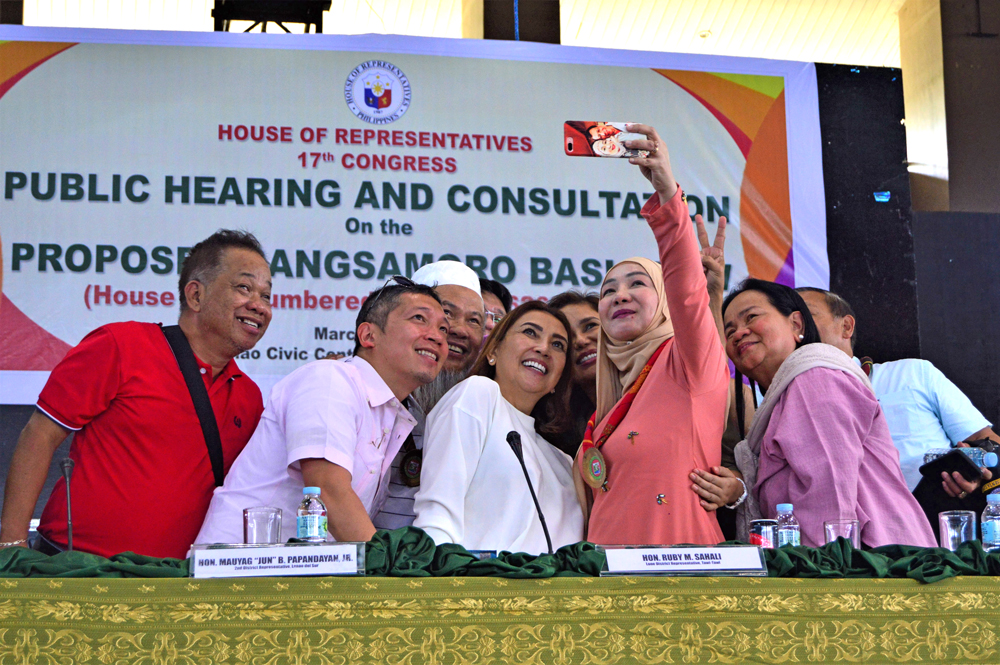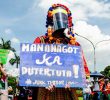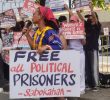
FILE PHOTO.Lanao del Norte Gov. Imelda Quibranza-Dimaporo said that while local officials in the province are supporting the Bangsamoro Organic Law (BOL), they are against the inclusion of six municipalities to the new region.(Jigger J. Jerusalem/davaotoday.com)
CAGAYAN DE ORO CITY — The local government officials of Lanao del Norte has reiterated their opposition ahead of the Bangsamoro Organic Law (BOL) plebiscite in the province on Feb. 6 as their people will decide on the inclusion of six municipalities to a new political entity that will be formed to replace the Autonomous Region in Muslim Mindanao (ARMM).
While they are amenable to the ratification of the BOL and the eventual creation of the Bangsamoro Autonomous Region in Muslim Mindanao (BARMM), Lanao del Norte Gov. Imelda Quibranza-Dimaporo has maintained that they are against the addition of the towns of Tagoloan, Balo-I, Pantar, Munai, Tangcal, and Nunungan to the new region.
Quibranza-Dimaporo said she, Vice Governor Maria Cristy Atay and the members of the provincial board are “united in opposing” the inclusion of the six municipalities.
The governor, however, has clarified that they are supporting the BOL.
“BOL is already a law, and we have supported its passage,” she said, adding that “the province of Lanao del Norte supports all peace initiatives between the Philippine government and the Moro rebels for Lanao del Norte will be the first to benefit from the agreement.”
“In our province, what we are going to vote is Yes or No to the inclusion of these municipalities to BARMM. And we strongly say No to that,” Quibranza-Dimaporo stressed.
The province’s two district representatives, Mohamad Khalid Dimaporo and his father Abdullah, have also supported the passage of BOL or Republic Act 11054 but are opposed to the planned inclusion of the six towns.
Both the local officials and House legislators of Lanao del Norte are concerned that if the said municipalities will be separated from the province, the Internal Revenue Allotment or IRA of the province will be reduced and it will affect the allocation of funds in providing the basic services of the remaining towns.
“These municipalities are considered the buffer zones which play a vital role in sustaining the peace and order,” Quibranza-Dimaporo said.
For years Muslims and Christians have lived harmoniously together which drives the economic growth and sustainable peace in Lanao del Norte, and for that, there is a need to provide the basic service to all residents regardless of their religion, she added. (davaotoday.com)










